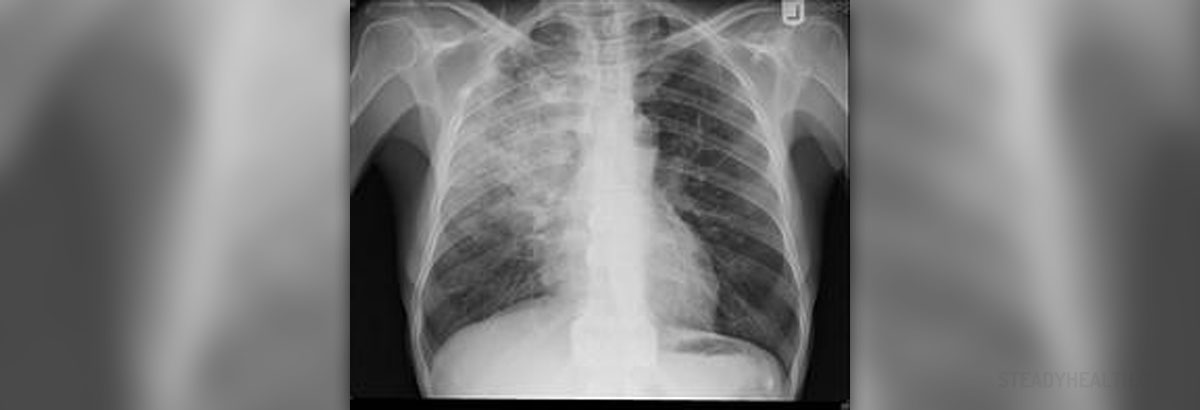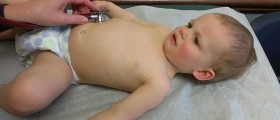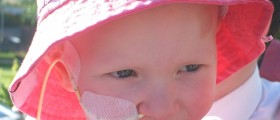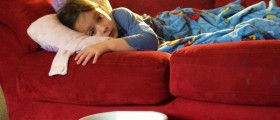
Walking pneumonia is a mild form of pneumonia caused by the bacterium Mycoplasma pneumoniae. It is not a severe condition and the symptoms and signs are not as intensive as it is the case with pneumonia caused by other bacteria such as Streptococcus pneumoniae.
General information
Walking pneumonia can affect people of all ages including children. Well-observed parents may be able to recognize symptoms and signs of the disease and seek medical attention if the disease becomes severe enough. Fortunately, walking pneumonia does not require bed rest and most patients remain active during infection.
Walking Pneumonia in Children Clinical Characteristics
Initially, symptoms and signs of walking pneumonia may look like those of common cold or influenza. Patients develop fever, they complain about sore throat, start to cough and generally feel weak. Some kids complain about headache while breathing difficulty rarely occurs. Cough that lasts more than a week is an indicator that something more serious is going on in the lungs and may drive parents to take their child to the doctor. Some children show signs of low activity and they basically lack energy.
The infection subsides on its own or sometimes progresses into more complex form of pneumonia, making parents more anxious and worried. This is why any increase in intensity of symptoms the child has must be reported to a health care provider who will, if necessary, prescribe some medications after examining the child and setting the definitive diagnosis. Walking Pneumonia in Children Treatment
Walking pneumonia is highly contagious. Because of that the affected child should stay at home. By reducing contacts with other children and other people further spread of the infection can be prevented.
Some children suffering from walking pneumonia are prescribed antibiotics. It is also essential to monitor a child's body temperature. If it is too high the child is given anti-fever medications. Parents can also perform some maneuvers in order to reduce fever naturally. For instance, frequent showers with lukewarm water may be quite beneficial and quickly reduce fever. All children must be well-hydrated. This way dehydration will not develop and cause additional health problems. Cough, especially severe, can be dealt with cough suppressants of cough expectorants which basically depend on whether it is dry or productive.
Blood in sputum is a reason for parents to worry. Such children require chest X-ray. The same stands for children with severe breathing difficulties. If the infection progresses into more complex form and symptoms and signs become more intensive, the child may even remain hospitalized until the infection is completely eradicated.

















Your thoughts on this
Loading...